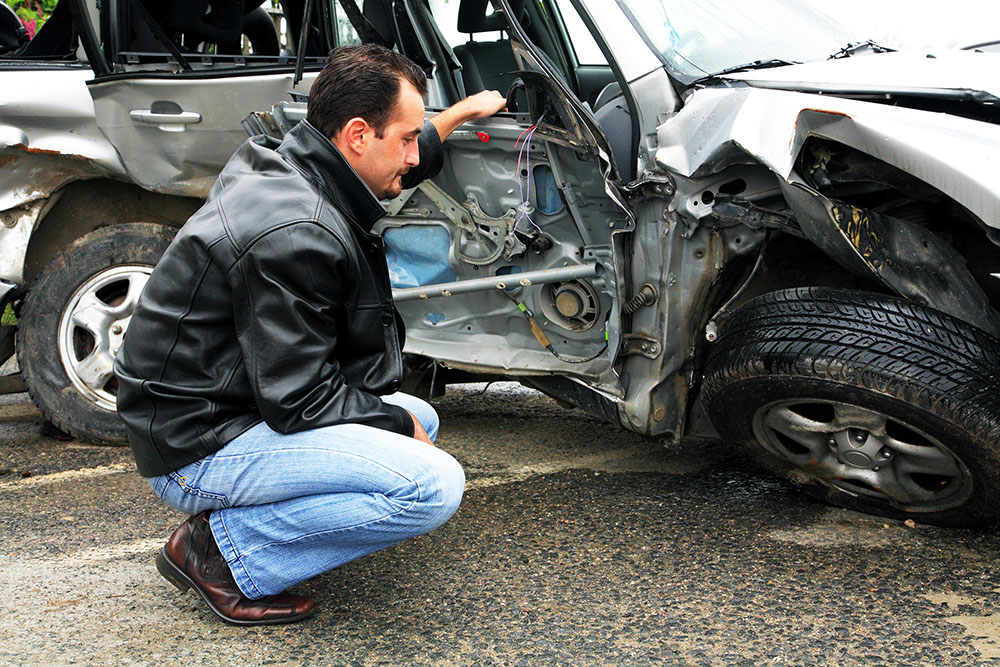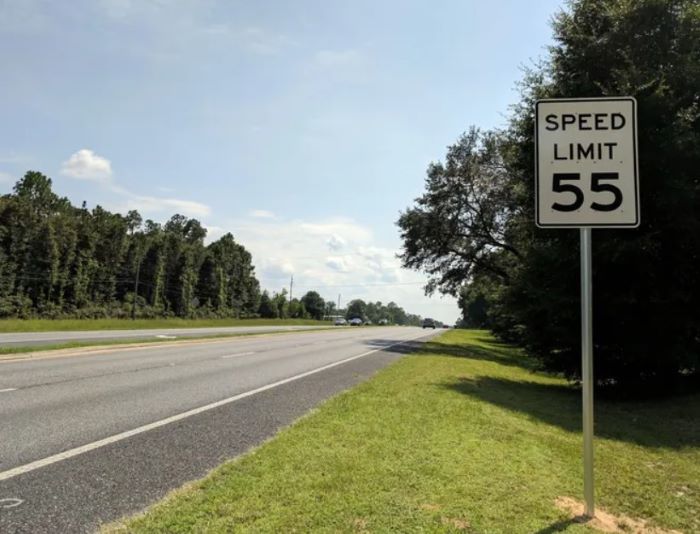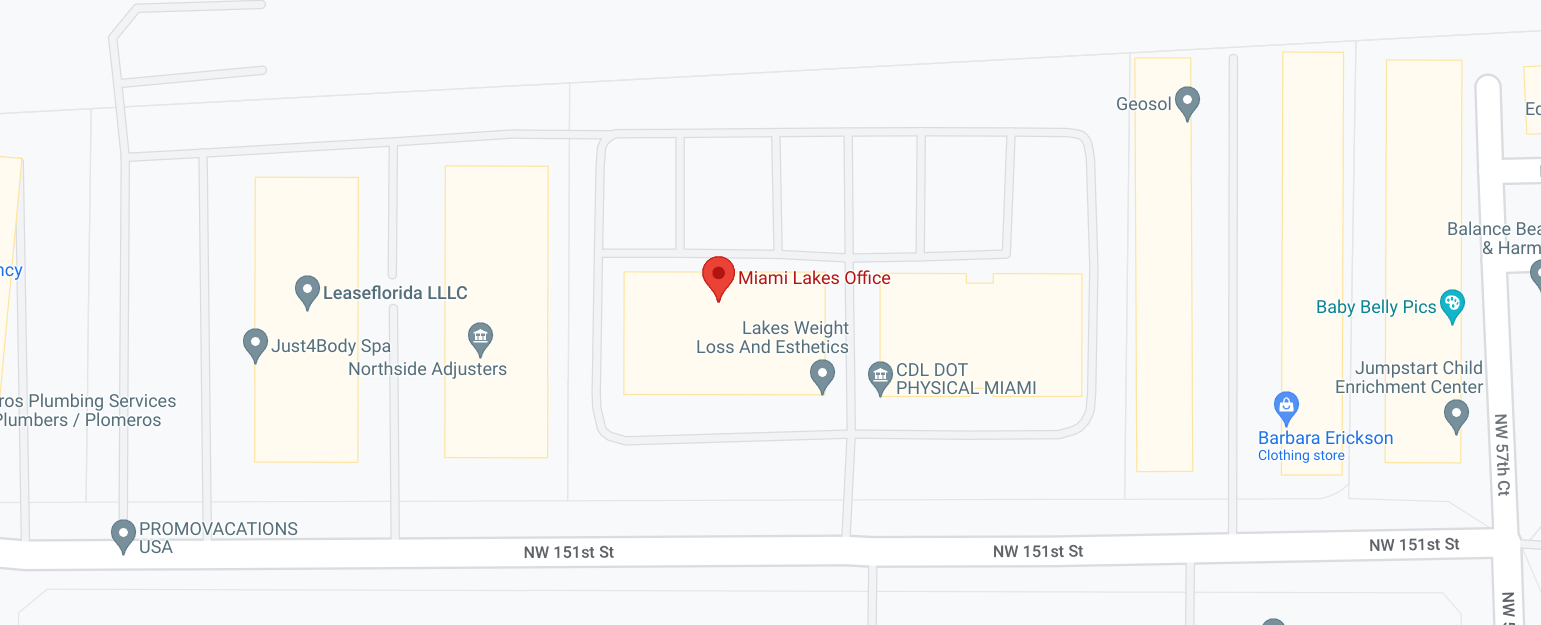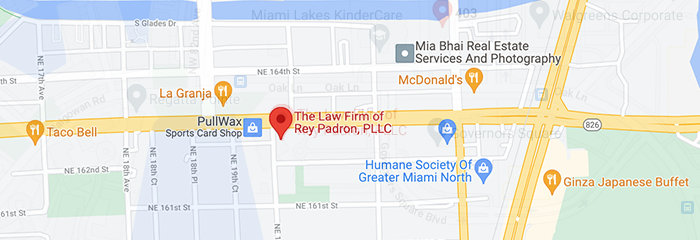Rideshare apps have transformed transportation in cities like Miami, providing quick, affordable options for locals and visitors. Yet with the rise of ridesharing comes a rise in complex accident claims. When a rideshare vehicle is involved in a crash, the question of liability is rarely straightforward. Unlike traditional car accidents, where fault typically falls on one driver, rideshare collisions introduce new layers of responsibility involving drivers, corporations, and sometimes third parties.
Understanding liability in these situations is crucial for victims seeking compensation for injuries, property damage, and lost wages.
The Role of the Driver
In most cases, the rideshare driver is the first point of focus after an accident. Like any motorist, drivers can be held responsible if they were speeding, distracted, or otherwise negligent. When a crash occurs due to driver error, the driver’s personal insurance may come into play.
However, liability often depends on the driver’s status at the time of the accident. Rideshare companies categorize drivers’ activity into three distinct stages:
- The driver is offline or not logged into the rideshare app.
- The driver is logged in and waiting for a ride request.
- The driver is actively transporting or picking up a passenger.
These categories matter because they dictate which insurance coverage applies. If the driver is offline, only their personal policy is active. If they were logged in but without a passenger, limited rideshare coverage might apply. If a passenger was in the vehicle or being picked up, the rideshare company’s higher-level coverage is usually triggered.
The Responsibility of the Rideshare Company
Rideshare companies maintain million-dollar liability policies that activate when their drivers are transporting passengers. This coverage often makes a significant difference for accident victims, since individual drivers’ policies may not cover severe injuries or property damage.
That said, rideshare companies typically classify their drivers as independent contractors, not employees. This classification is intentional; it allows the companies to argue that they should not be held directly responsible for drivers’ actions. While insurance coverage may be available, the company itself often resists being named as a liable party in lawsuits.
Courts have debated this issue, and the legal landscape continues to evolve. Plaintiffs’ attorneys frequently argue that the companies benefit financially from the work of drivers, and therefore they should share in the responsibility when negligence occurs.
When Both May Be Liable
There are situations where both the driver and the company can be held accountable. For example, if a driver caused the crash due to reckless driving while carrying a passenger, the driver may face liability for negligence while the rideshare company’s insurance provides compensation.
In rare cases, liability may also extend to the company for reasons beyond insurance. If a rideshare company failed to properly vet a driver with a dangerous driving history, or if its policies indirectly encouraged risky behavior, arguments for shared liability become stronger.

Third-Party Involvement
Not all rideshare accidents are caused solely by the driver or company. Other motorists, pedestrians, or even poorly maintained roads can contribute to crashes. In such cases, liability may be shared among multiple parties. This further complicates the claims process, as insurers for each party may argue about fault percentages and compensation responsibilities.
Victims must often rely on thorough investigations to untangle these disputes. Police reports, witness testimony, and digital data from the rideshare app all play vital roles in establishing liability.
Insurance Layers and Challenges
One of the greatest hurdles for accident victims is navigating the insurance maze. Personal policies, rideshare company policies, and even the policies of other involved drivers may overlap or conflict. Insurers are quick to deny responsibility or minimize payouts, leaving victims confused and financially vulnerable.
This is where legal guidance becomes invaluable. An experienced Miami car accident lawyer can help victims understand which policies apply, gather the necessary documentation, and ensure claims are presented effectively. Without professional guidance, it is easy to miss opportunities for fair compensation.
Florida’s Comparative Negligence Rule
Adding another layer of complexity, Florida follows a comparative negligence system. This means that even if a victim is partially at fault for the accident, they can still recover damages. However, their compensation is reduced by their percentage of fault.
For example, if a victim is found 20 percent at fault for a rideshare accident and the total damages are $100,000, they would only receive $80,000. Insurers frequently use this rule to reduce payouts, which is why strong evidence and careful legal argumentation are so critical.
Building a Strong Claim
Successfully pursuing compensation after a rideshare accident often requires a comprehensive approach. Victims should collect as much evidence as possible at the scene, including photos of the vehicles, contact information for witnesses, and screenshots of the rideshare trip details.
Medical records are equally important, as they demonstrate the link between the accident and the injuries sustained. Insurers are quick to argue that injuries were pre-existing or exaggerated, so detailed documentation is essential.
A skilled car accident lawyer will often supplement this evidence with expert testimony, such as accident reconstruction specialists or medical professionals. This transforms a claim into a clear narrative that illustrates how the accident happened and how it has affected the victim’s life.
Why Timing Matters
The aftermath of a rideshare accident can be chaotic, but time is of the essence. Florida law imposes deadlines for filing claims and lawsuits. Waiting too long can eliminate a victim’s ability to recover damages altogether.
Quick action also helps preserve critical evidence. Rideshare companies control much of the digital data related to driver status and trip details, and accessing this information becomes harder as time passes. Acting promptly increases the chances of securing these records before they are lost or contested.
Local Considerations
For people in neighborhoods like Carroll Gardens or Fort Greene, the rideshare accident issue resonates on both a personal and community level. Many residents rely on ridesharing services when traveling, whether in Miami or elsewhere. Understanding liability in these accidents is not just about legal theory; it is about protecting one’s health, financial security, and peace of mind.
Attorneys who focus on rideshare accidents in Miami recognize these community-specific concerns and tailor their strategies accordingly. They combine knowledge of local traffic patterns with experience in state law, ensuring that victims’ cases are built on strong foundations.
Moving Beyond the Denial of Responsibility
Rideshare companies and insurers often attempt to shift responsibility away from themselves, pointing fingers at drivers or other parties. This defensive posture can leave victims feeling powerless. Yet history shows that persistence pays off. When victims gather strong evidence, enlist expert testimony, and pursue claims through all available channels, they often achieve favorable results.
Liability in rideshare accidents is rarely simple, but with the right guidance, victims can overcome the obstacles placed in their path.
Closing Perspective
Liability in a Miami rideshare accident may rest with the driver, the company, or both, depending on the circumstances. While the process is complex, victims are not without options. With strong documentation, timely action, and professional legal support, it is possible to cut through the confusion and secure fair compensation.
Rather than viewing the issue as a dead end, accident victims can approach it as a challenge that, with persistence and the right strategy, can be successfully resolved.












